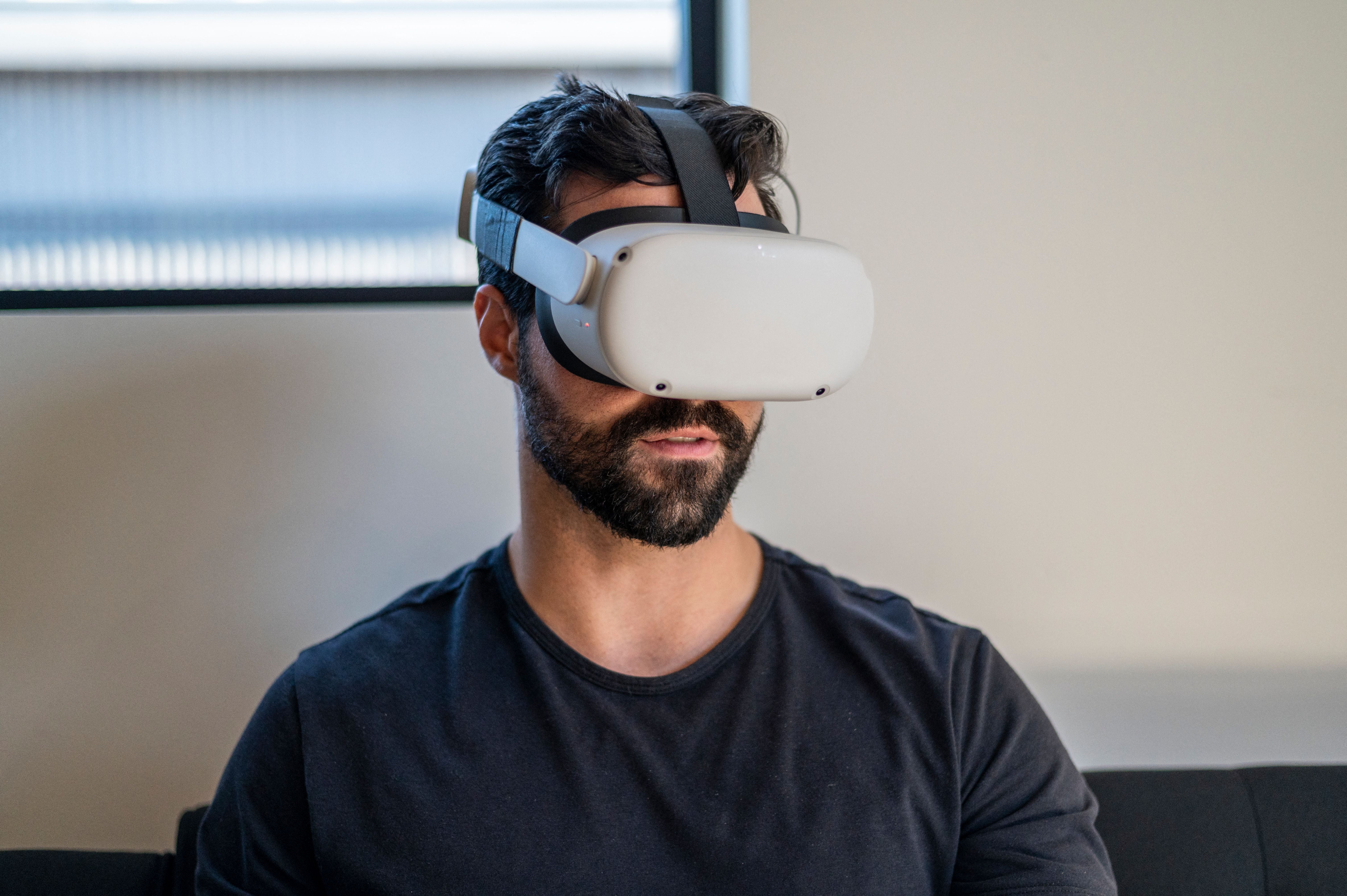Facebook’s track record means metaverse scandals are a ‘foregone conclusion’ claims Proton chief

Your support helps us to tell the story
From reproductive rights to climate change to Big Tech, The Independent is on the ground when the story is developing. Whether it's investigating the financials of Elon Musk's pro-Trump PAC or producing our latest documentary, 'The A Word', which shines a light on the American women fighting for reproductive rights, we know how important it is to parse out the facts from the messaging.
At such a critical moment in US history, we need reporters on the ground. Your donation allows us to keep sending journalists to speak to both sides of the story.
The Independent is trusted by Americans across the entire political spectrum. And unlike many other quality news outlets, we choose not to lock Americans out of our reporting and analysis with paywalls. We believe quality journalism should be available to everyone, paid for by those who can afford it.
Your support makes all the difference.Meta having a scandal around its metaverse platforms is a ‘foregone conclusion’, predicts Proton chief executive Andy Yen.
Founder Mark Zuckerberg has said that an “embodied internet” will be the future of technology but Mr Yen, whose company runs the encrypted email client Protonmail and ProtonVPN, said that the endeavor could still fall flat.
“Things have come and gone in tech. You might remember almost 10 years ago, there was Google Glass … before people realised how creepy that was”, he told The Independent, referencing Google’s augmented reality headset it launched in 2013.
“It’s hard to stay at this stage, what is the fad, and what is going to stay. The metaverse is new and fancy, but is it even going to be relevant in five years? I think it’s very early to really know if any of these trends are going to be durable and even if they come back and say a decade, some trends just come too early. Microsoft had a tablet in the late 90s [but] it wasn’t the right time. It’s about ‘right time, right place’.”
The parent company of Facebook, Instagram, and WhatsApp has been developing its virtual world for some time, building on the headsets it purchased when it bought Oculus - now renamed the Meta Quest. But Mr Yen has said that the ‘surveillance capitalism’ business models of companies such as Google and Meta would not be tolerated in real life.
“If you take the analogy of Google, it’s someone that’s following you around every single day, recording everything that you say and every place you visit. In real life, we would never tolerate that”, he had previously told Wired.
“On the internet, somehow, because it’s not visible, we tend to think that it’s not there. But the surveillance that you don’t notice tends to be far more insidious than the one that you do.”
It is possible that scandals in an embodied internet could cause more people to wake up to how much of their information is being monitored online.
“Given what we’ve seen from Facebook in their track record, they will have some sort of scandal which will probably blow something up in their face, right? And get us some attention. That is probably a foregone conclusion. But what it is, I can’t say,” Mr Yen told The Independent.
Meta has already been forced to add ‘personal boundaries’ in its virtual reality platforms Horizon Worlds and Horizon Venues that stops avatars coming into close contact with each other.
It came after Nina Jane Patel, a psychotherapist who conducts research on the metaverse, wrote a medium post about the “surreal nightmare” of being “gang raped” in Horizon Venues.
At the time, Facebook said that it was “committed to building” a safe experience and would “continue to make improvements as we learn more about how people interact in these spaces, especially when it comes to helping people report things easily and reliably.”
While many companies have promoted the metaverse, Mr Yen also said that Proton would take a more cautious approach. “It’s very hard to make predictions in this area for us with limited resources. We’re looking for long-term durable trends. So we’re not jumping into wearables, we’re not jumping into the metaverse or these things until we see that. If you jump on every new fad, you’re forever chasing the next big thing”, he told The Independent.
Meta is not the only company developing virtual and augmented reality technology. Apple’s rumoured augmented reality headset could launch this year running ‘realityOS’; Google purchased smart glasses company North in 2020, with the assumption that a sequel to Google Glass could be in the works, and Snapchat believes that augmented reality glasses could become acceptable by as soon as 2029.
Mr Yen, however, is more skeptical. “I think there is always going to be a space for the real world”, he said. “I find it hard to imagine a kind of a world where everybody’s got the AR thing on and they’re just stuck there. I just don’t see it.”
Join our commenting forum
Join thought-provoking conversations, follow other Independent readers and see their replies
Comments